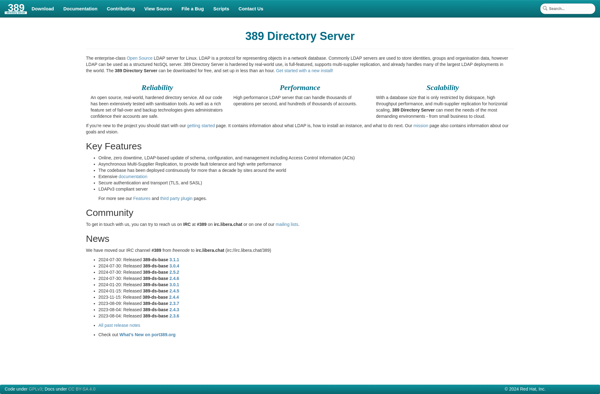GLAuth
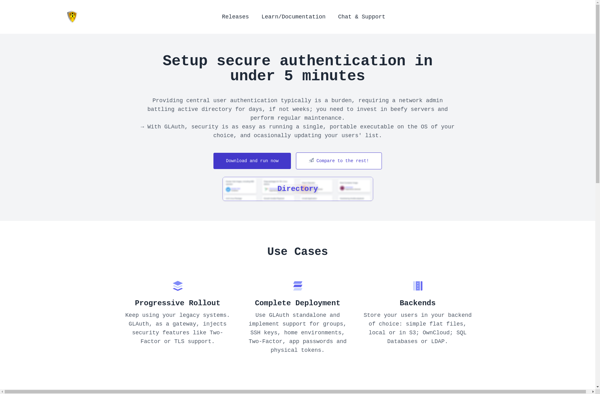
GLAuth: Open Source Authentication Server
An open source authentication server providing authentication services and access control for Linux, UNIX, and Windows servers, supporting multiple auth mechanisms such as LDAP, RADIUS, Kerberos.
What is GLAuth?
GLAuth is an open source authentication server that provides centralized authentication, authorization and accounting (AAA) for Linux, UNIX, and Windows servers. It supports a variety of authentication mechanisms including:
- LDAP
- RADIUS
- Kerberos
- Microsoft Active Directory
- OAUTH2
- SAML
- UNIX accounts
Key features of GLAuth include:
- Centralized AAA services for heterogeneous environments
- High performance and scalability
- Support for two-factor authentication
- Integration with popular single sign-on (SSO) solutions
- Role-based access control
- Detailed logging and reporting capabilities
GLAuth can help organizations simplify authentication and access management across on-premise and cloud infrastructure. It provides a single source of truth for identities and access policies. Organizations can use GLAuth to control access to VPNs, WiFi networks, web applications, SSH/RDP sessions, and more.
With its flexible architecture and broad protocol support, GLAuth is a great open source alternative to proprietary AAA solutions for organizations looking to consolidate their authentication infrastructure.
GLAuth Features
Features
- Supports multiple authentication mechanisms including LDAP, RADIUS, Kerberos, and more
- Provides authentication services and access control for Linux, UNIX, and Windows servers
- Open source and highly customizable
- Scalable and reliable authentication solution
- Supports multi-factor authentication
- Integrates with various third-party applications and services
Pricing
- Open Source
Pros
Cons
Official Links
Reviews & Ratings
Login to ReviewThe Best GLAuth Alternatives
Top Network & Admin and Authentication and other similar apps like GLAuth
Here are some alternatives to GLAuth:
Suggest an alternative ❐Microsoft Active Directory
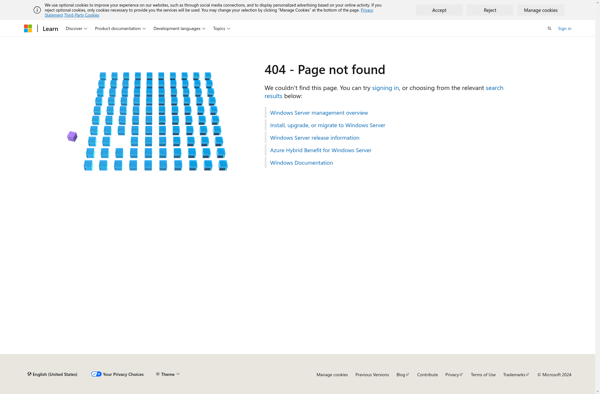
FreeIPA
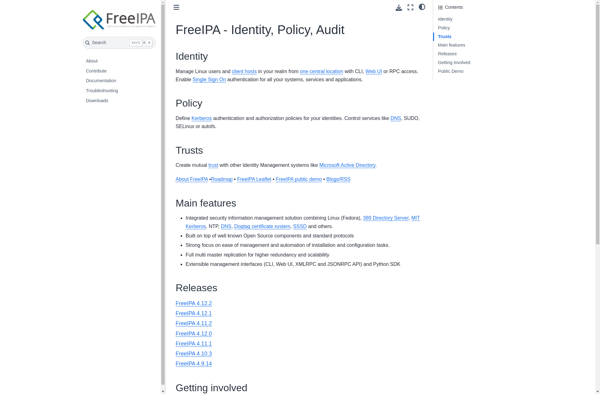
OpenLDAP
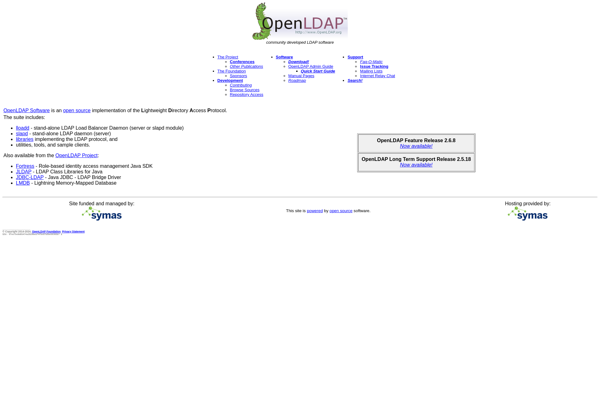
Univention Corporate Server
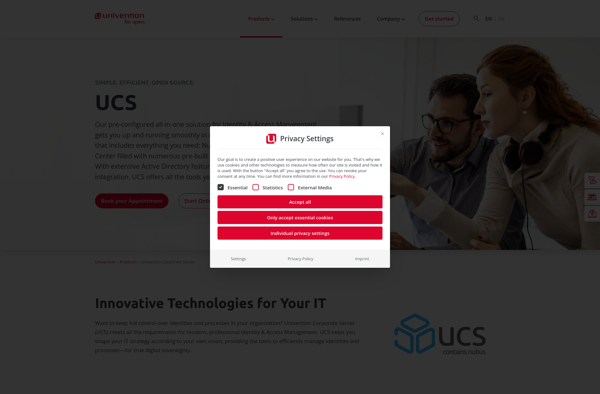
RazDC
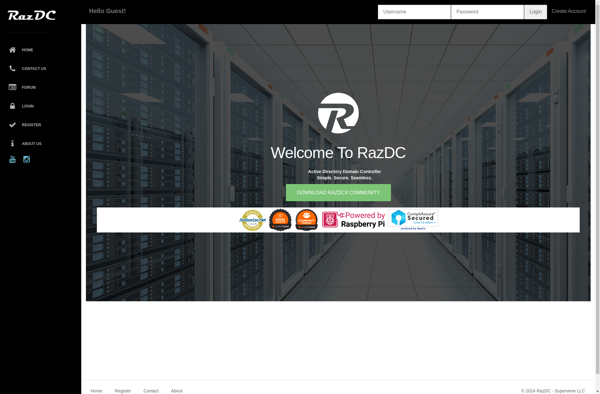
SambaBox
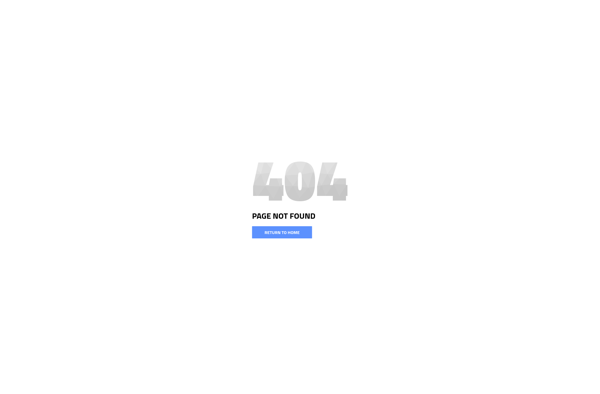
ApacheDS
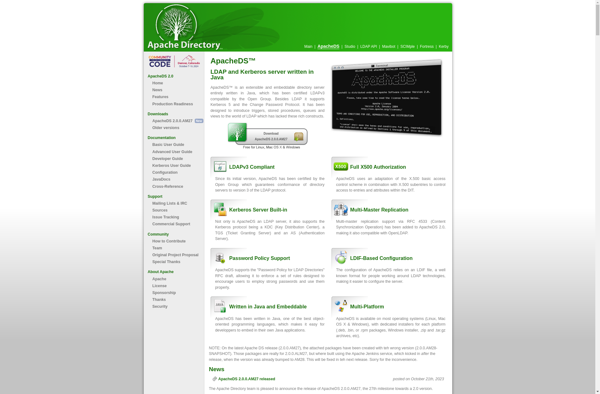
OpenDJ

389 Directory Server
